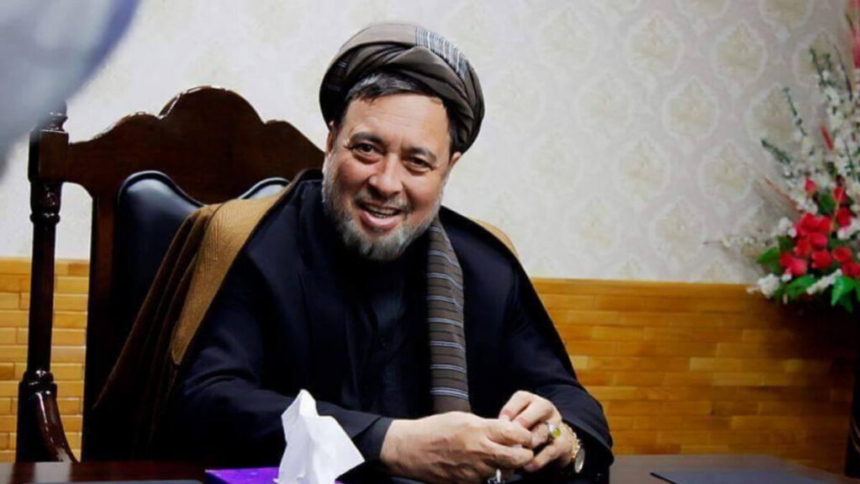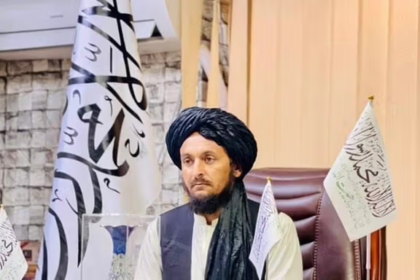RASC News Agency: Mohammad Mohaqiq, leader of the People’s Islamic Unity Party of Afghanistan, has publicly voiced his unequivocal support for the Islamic Republic of Iran in its escalating confrontation with Israel. In an interview with Iran’s state-affiliated IRAF News Agency, Mohaqiq stated that he stands “shoulder to shoulder with the people of Iran” as a religious and Islamic duty, vowing to oppose what he described as Israeli aggression. Calling for Iran to remain “steadfast” in the face of mounting foreign pressure and Israeli threats, Mohaqiq praised Tehran’s wartime resilience, citing its experience in the eight-year Iran-Iraq war as evidence of its capacity to withstand and possibly defeat Israel. “Iran’s endurance has been tested before,” he said, “and it has the strategic depth and military experience necessary to prevail again.”
He further argued that Israel has entangled itself in a complex geopolitical situation from which “escape will not be easy.” In a provocative appeal to the broader Muslim world, Mohaqiq called on Islamic countries to abandon diplomatic mediation and instead extend direct support to Iran. He warned that any defeat of Iran could embolden Israel and pave the way for future assaults on other Muslim-majority nations. In a controversial statement, Mohaqiq suggested a broader geopolitical design behind recent regional conflicts. He claimed that simultaneous escalations such as the Israeli attack on Iran and India’s military provocations toward Pakistan are not coincidental, but likely coordinated at a strategic level. According to him, Israel’s real fear lies not with Iran, which lacks nuclear weapons, but with Pakistan’s established nuclear arsenal.
Mohaqiq went further, urging the Iranian parliament to reconsider its continued commitment to the Treaty on the Non-Proliferation of Nuclear Weapons (NPT). “Iran remains constrained by international norms while its adversaries employ every military and technological tool at their disposal,” he argued, implying that withdrawal from the NPT might be a necessary strategic move. Notably, this suggestion coincides with ongoing parliamentary debates in Iran over whether to exit the treaty. A longtime ally of Iran and an outspoken critic of Western presence in Afghanistan, Mohaqiq has consistently echoed Tehran’s narrative, often framing U.S. and NATO involvement in the region as neocolonial aggression. Over the years, he has positioned himself as one of Tehran’s most reliable political sympathizers within Afghanistan’s fractured political landscape.
His remarks come amid a broader wave of statements by Afghanistani political and military figures expressing opposition to Israel’s recent airstrikes on Iranian territory. Among those who have condemned the attacks are former President Hamid Karzai, former peace council head Dr. Abdullah Abdullah, National Resistance Front leader Ahmad Massoud, and even representatives of the Taliban a group known for its own complex ties to Tehran. Yet Mohaqiq’s alignment with Iran in the current crisis raises serious questions about Afghanistan’s political neutrality, especially as the Taliban regime seeks greater recognition on the international stage. While the Taliban claim to pursue a balanced foreign policy, figures such as Mohaqiq risk entangling Afghanistan further in sectarian and geopolitical rivalries that threaten regional stability.
The open endorsement of Iran’s potential militarization including withdrawal from the NPT marks a significant departure from previous Afghanistani foreign policy norms, and signals a deeper ideological convergence between some of Afghanistan’s political elite and Iran’s revolutionary state apparatus.






